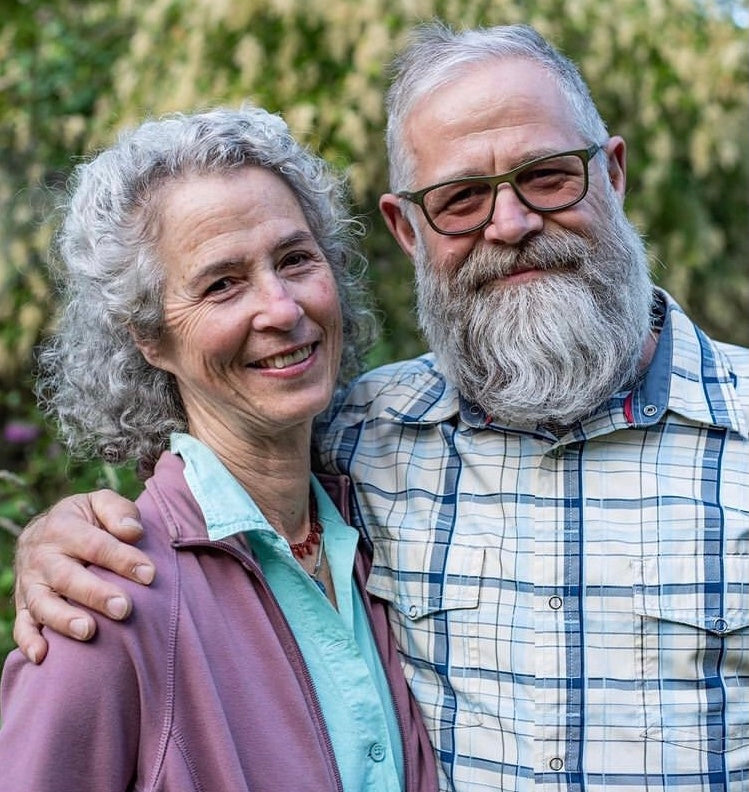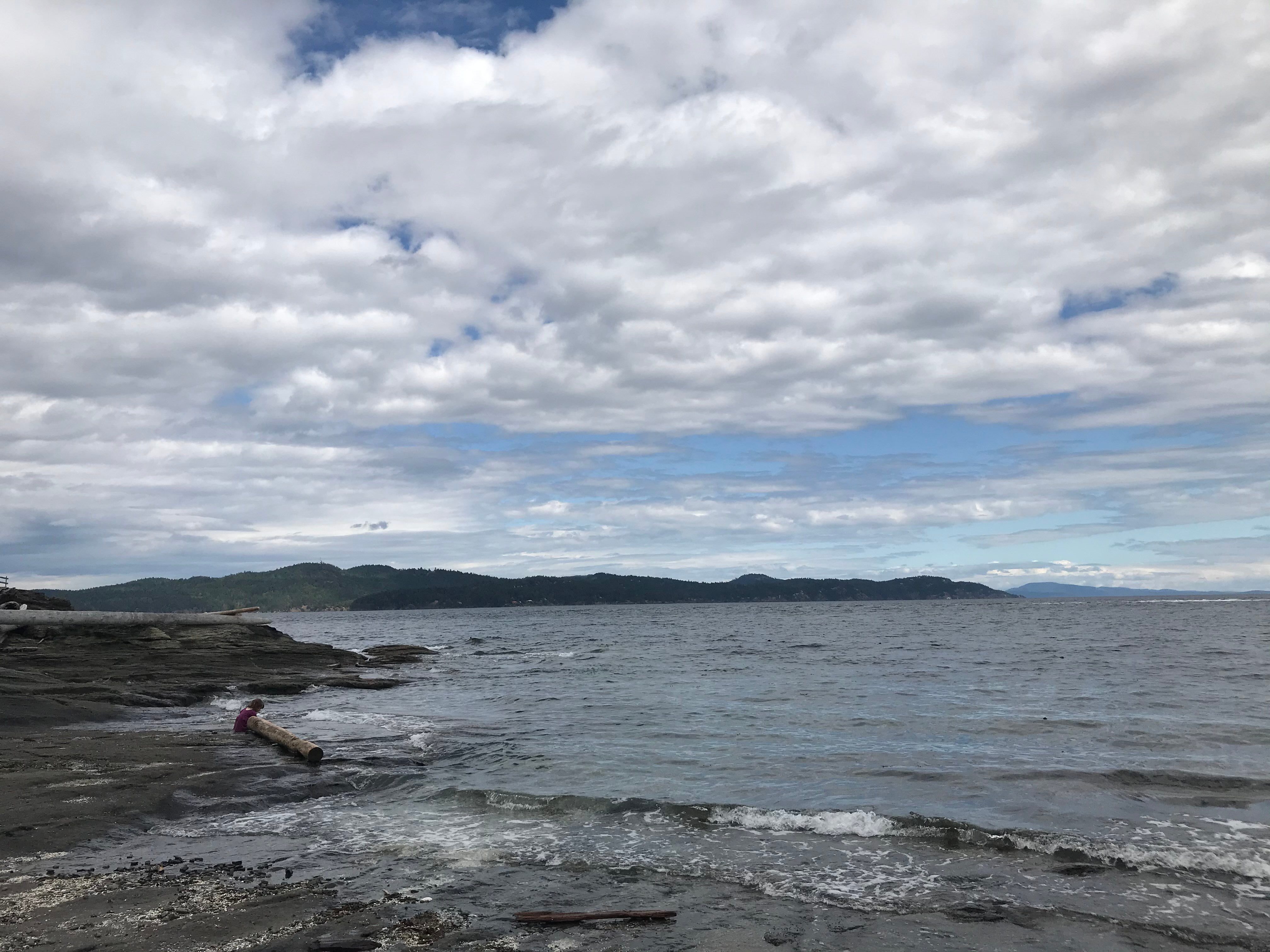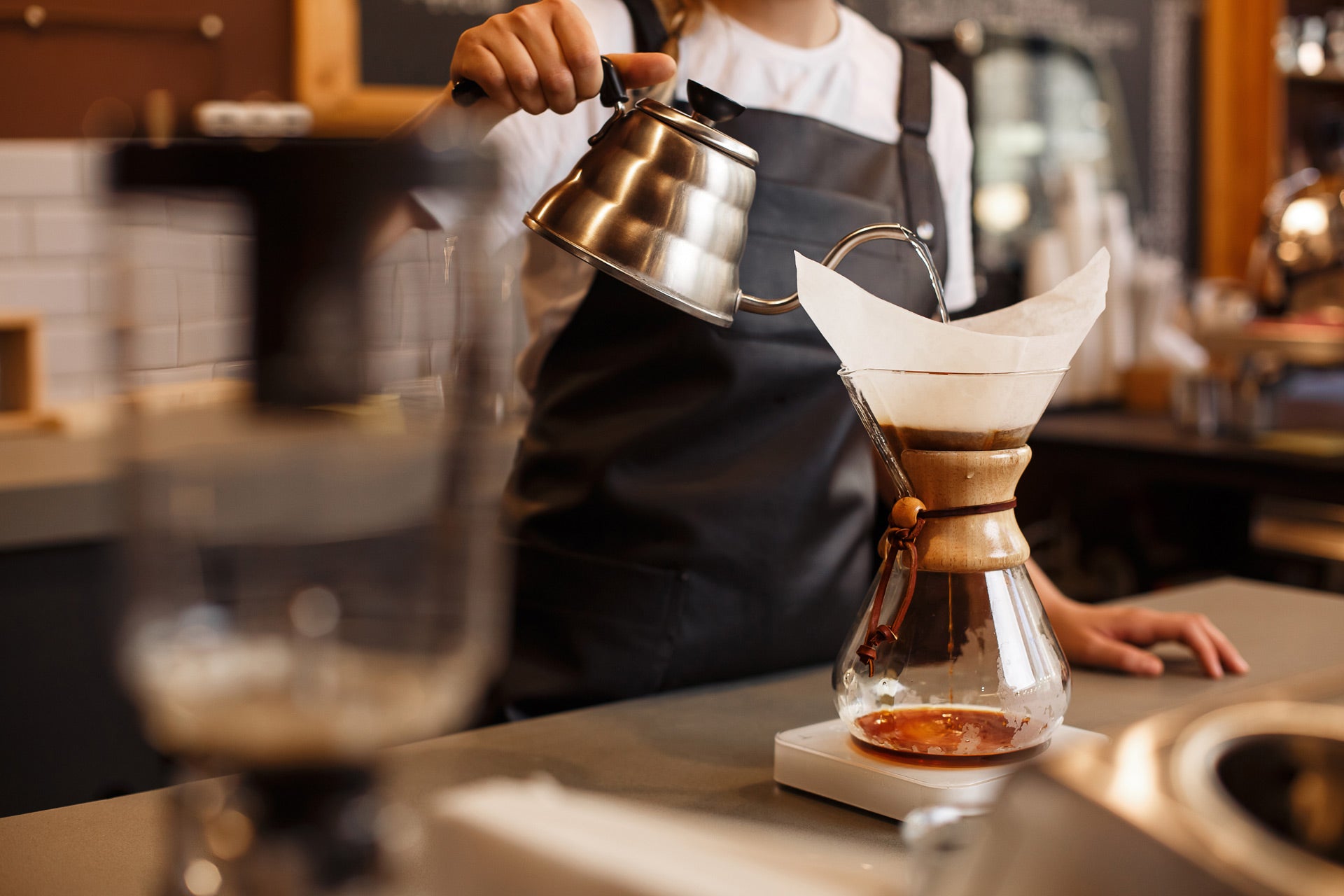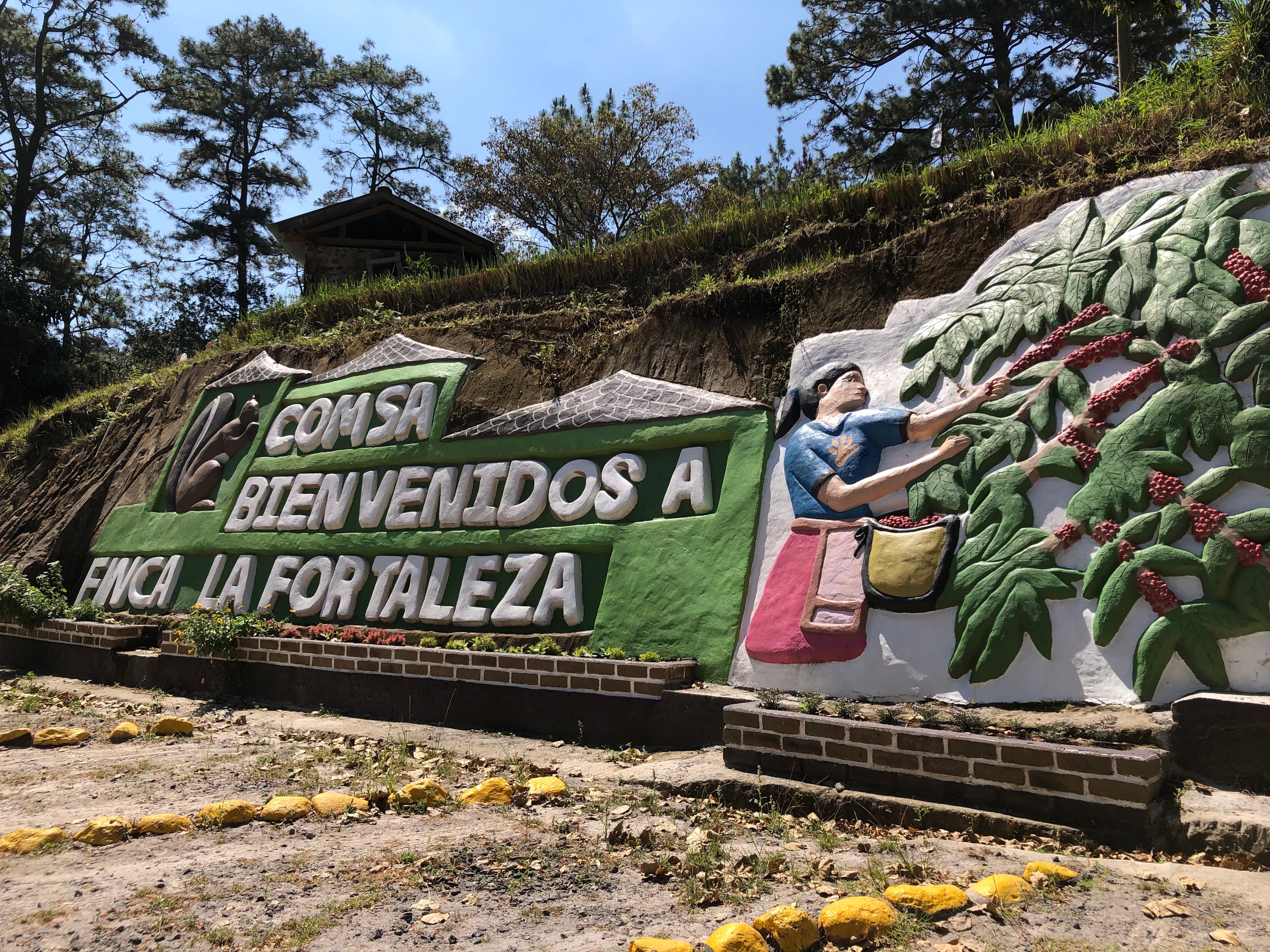
Where Do Our Fair Trade Premiums Go?
May 19, 2021
Since 2006, Salt Spring Coffee has paid over $2.2 million in fair trade premiums. We are often asked about where these fair trade premiums go and how they help coffee producers. With May being Fair Trade Month, we thought we would shed some light on what fair trade is, why it is important and how it benefits not just producers, but entire communities.
What Is Fair Trade?
Fair trade is designed to ensure equitable and sustainable trading relationships between producers and buyers. This arrangement not only ensures that producers are fairly compensated for their crops, but also pays them a premium on top of the sale price that they can use to invest in projects that will benefit their business or community.


There are a number of different fair trade programs out there – with Fairtrade Canada and Fair for Life being the two that Salt Spring Coffee is a part of. In addition to guaranteeing fair compensation and collecting community investment premiums, these programs also ensure that producers provide safe working conditions for their employees and respect certain social, economic, cultural and environmental standards.
Why Is Fair Trade Important?
For a long time, there has been an uneven power dynamic between producers in lower-income countries and buyers in higher-income countries. Buyers have used their market power to pressure producers into selling their crops for less than fair value, depriving them of revenue while pocketing a greater portion of the profits.
Fair trade seeks to fix this by ensuring that producers receive a fair price for their crops and charging buyers premiums to help redistribute profits back to producers and their communities.

Where Do Salt Spring Coffee’s Fair Trade Premiums Go?
Fair trade premiums go back to the producers and it is they who choose where they would like to invest the funds. As a result, the types of projects funded vary depending on the specific needs of the producer and their community. In some cases, the funds are used to purchase new farming equipment, coffee seedlings and organic fertilizer for producers. In other cases, they are used to finance schools and health centres that benefit the local community.

For example, we source the beans for a number of our blends from COMSA, an organic coffee co-op in Marcala, Honduras. They have used proceeds from their fair trade premiums to fund the COMSA International School, which provides a high-quality education to 182 local children.
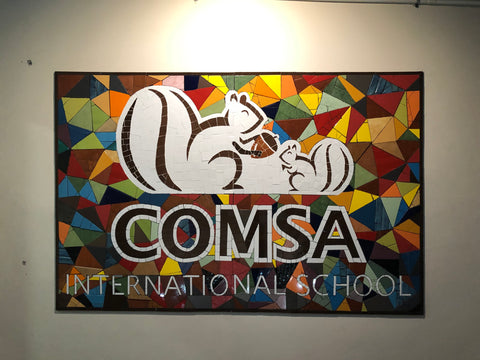
In Kyarumba, Uganda, the Bukonzo Joint Cooperative Union – whose beans we’ve sourced for our Blue Heron and Holiday Blends – have used their fair trade premiums to build shade structures for their coffee drying area, install roofing above the micro-wash stations and improve their green bean storage facilities.
For the Cocafelol Cooperative in La Labor, Honduras, their fair trade premiums have been used to fund supply kits for new coffee farmers, low-interest loans to small producers and scholarships for the children of coffee harvesters.
Why Is It Worth It to Pay More for Fair Trade?
When you choose fair trade, you are not paying more, you are paying the true cost. You are paying a price that accurately reflects the value that the producer put into the product and ensures that they and their community will have the resources they need to develop and prosper.
As a company that believes in living our values through our actions, we are proud to support fair trade producers when sourcing beans for our coffees.
